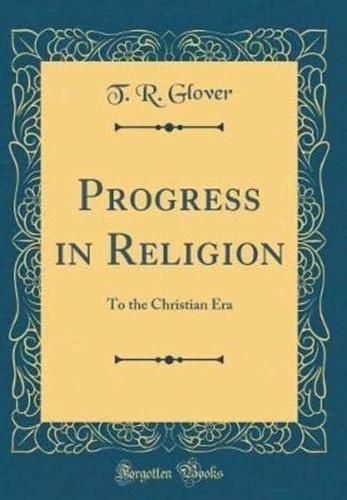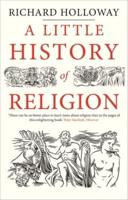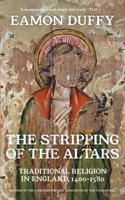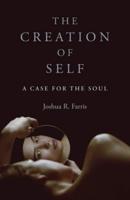Publisher's Synopsis
Excerpt from Progress in Religion: To the Christian Era
The comparative study of religion began a long time ago. Xenophanes, as we shall see, noted the divergencies of men's conceptions of the gods. Herodotus marked coincidences and shrewdly suspected certain religious teachers, whose names he would not mention, of plagiarising their inspiration from Egypt. Justin and Tertullian in the second century of our era remarked similarities between the rites of the Christian Church and the heathens. This, too, says Justin, in the rites 'of Mithras, the evil demons have delivered to be done - in imitation. That bread and a cup of water are set forth in the initiation ceremonies with certain formulae - you know or may learn. I The devil, says Tertullian, baptises. He promises remission of sins from his font. If I yet remember, Mithras seals his soldiers on the brow; 2 and so forth. The current explanation has gen erally been borrowing. The devil and his daemons got early word of what Christian rites would be - and bor rowed. Or else, say some modern scholars, the Chris tians, remembering their old ways in religion, borrowed on their side. The explanation of Justin and Tertullian seems a little old and Odd; the fashion to-day is to find analogies between Christian practice and the mystery re ligions, and a little to discredit the Christian in couse quence. About the Publisher Forgotten Books publishes hundreds of thousands of rare and classic books. Find more at www.forgottenbooks.com This book is a reproduction of an important historical work. Forgotten Books uses state-of-the-art technology to digitally reconstruct the work, preserving the original format whilst repairing imperfections present in the aged copy. In rare cases, an imperfection in the original, such as a blemish or missing page, may be replicated in our edition. We do, however, repair the vast majority of imperfections successfully; any imperfections that remain are intentionally left to preserve the state of such historical works.








